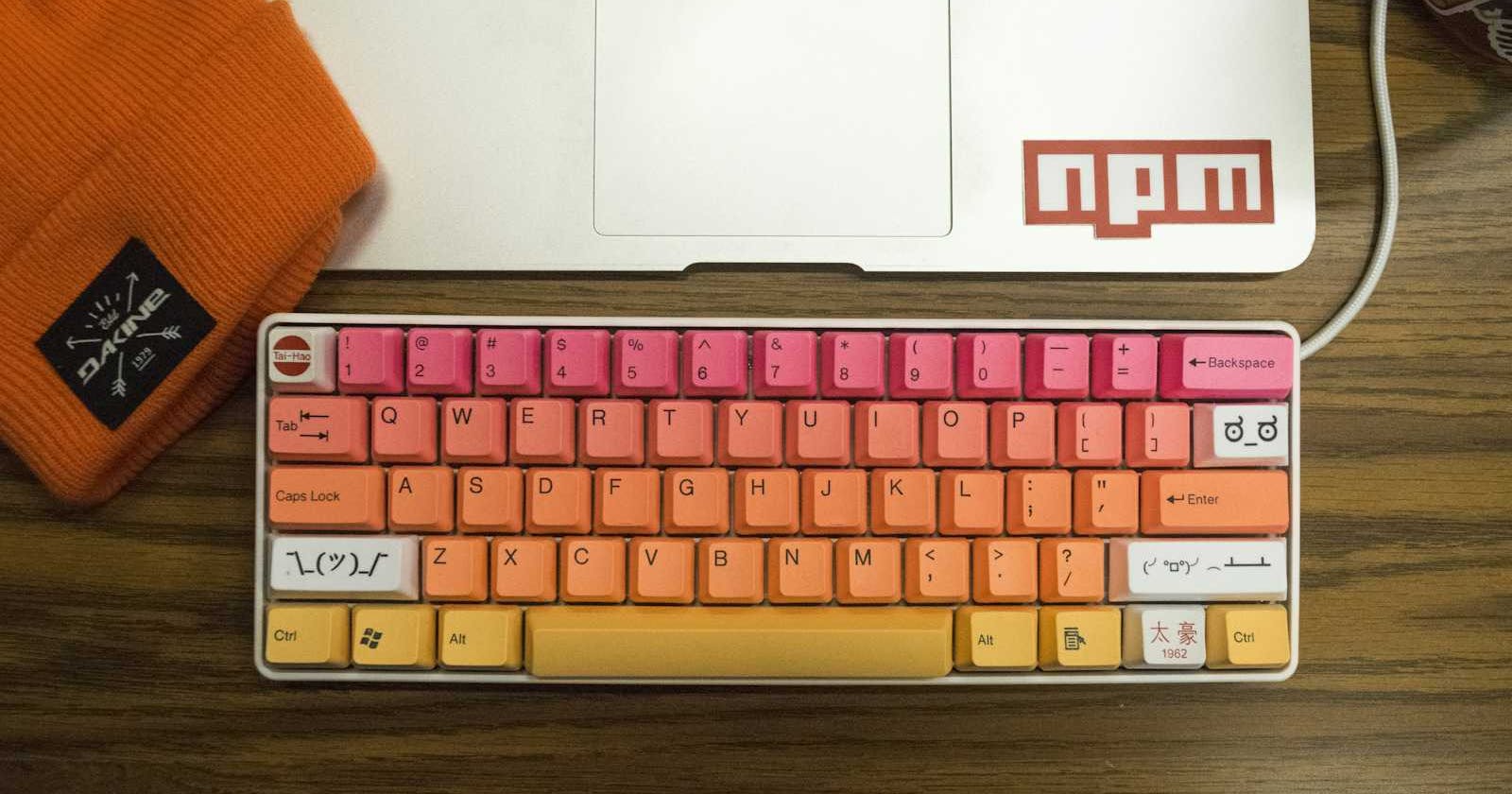
Photo by Paul Esch-Laurent on Unsplash
Troubleshooting npm
Resolving Dependency Conflicts related to React and @reduxjs/toolkit in your project
Incase you're on a project trying to install npm packages into your code and you experienced a dependency conflict related to the versions of React and @reduxjs/toolkit in your project. This error message suggests that there's a peer dependency conflict between the versions required by different packages.
Here are a few steps you can take to resolve this issue:
1. Upgrade npm (Optional):
The error message suggests there's a newer version of npm available. While this might not directly solve the dependency issue, you can consider upgrading npm by running:
npm install -g npm@10.4.0
2. Clear npm cache:
Sometimes, clearing the npm cache can resolve dependency conflicts. Run the following commands to clear the cache and then try installing again:
npm cache clean --force
npm install
3. Use --force or --legacy-peer-deps:
You can try installing the packages with the --force flag to accept an incorrect (and potentially broken) dependency resolution. However, this might lead to runtime issues, so use it cautiously:
npm install --force
OR
npm install --legacy-peer-deps
4. Review and Update Dependencies:
Check the dependencies in your package.json file. Ensure that all packages are compatible with each other and consider updating packages to versions that resolve the conflicts.
5. Check for Updates from Package Authors:
Visit the GitHub repositories or documentation of the packages that are causing conflicts (@reduxjs/toolkit, @fortawesome/react-fontawesome, etc.). See if there are any recent updates or recommendations regarding dependencies.
6. Consider Downgrading React:
If the conflict persists, consider downgrading the React version to one that is compatible with all your dependencies. Update the "react" version in your package.json to a version that satisfies all dependencies.
After performing these steps, attempt to run npm install again. If the issue persists, review the generated error logs for more specific information on which packages are causing conflicts.
$ npm install -g npm@10.4.0 npm ERR! code EBADENGINE npm ERR! engine Unsupported engine npm ERR! engine Not compatible with your version of node/npm: npm@10.4.0 npm ERR! notsup Not compatible with your version of node/npm: npm@10.4.0 npm ERR! notsup Required: {"node":"^18.17.0 || >=20.5.0"} npm ERR! notsup Actual: {"npm":"9.6.5","node":"v16.15.0"} npm ERR! A complete log of this run can be found in: C:\Users\hp\AppData\Local\npm-cache_logs\2024-02-16T03_24_03_010Z-debug-0.log
The error indicates that the version of npm you are trying to install (10.4.0) is not compatible with your current version of Node.js (v16.15.0). The required Node.js version for npm 10.4.0 is specified as ^18.17.0 || >=20.5.0.
To resolve this, you have a few options:
1. Update Node.js:
Update your Node.js version to a compatible version. The required versions are ^18.17.0 || >=20.5.0. You can use a version manager like nvm (Node Version Manager) to easily switch between Node.js versions.
Install or update nvm:
curl -o- https://raw.githubusercontent.com/nvm-sh/nvm/v0.39.0/install.sh | bash
After installing nvm, you can use it to install a compatible version of Node.js:
nvm install 18.17.0
Then, you can switch to the newly installed version:
nvm use 18.17.0
2. Use the Installed npm Version:
If updating Node.js is not feasible, you can use the npm version that comes with your current Node.js installation. Remove the -g flag to install npm locally in your project:
npm install npm@10.4.0
3. Update npm Locally:
If you only need a newer version of npm for your project, you can update npm locally without affecting your global npm installation:
npm install --save-dev npm@10.4.0
Choose the option that best fits your needs based on whether you want to update Node.js globally, use the installed npm version, or update npm only for your project. After making the necessary changes, try running your project's npm commands again.

